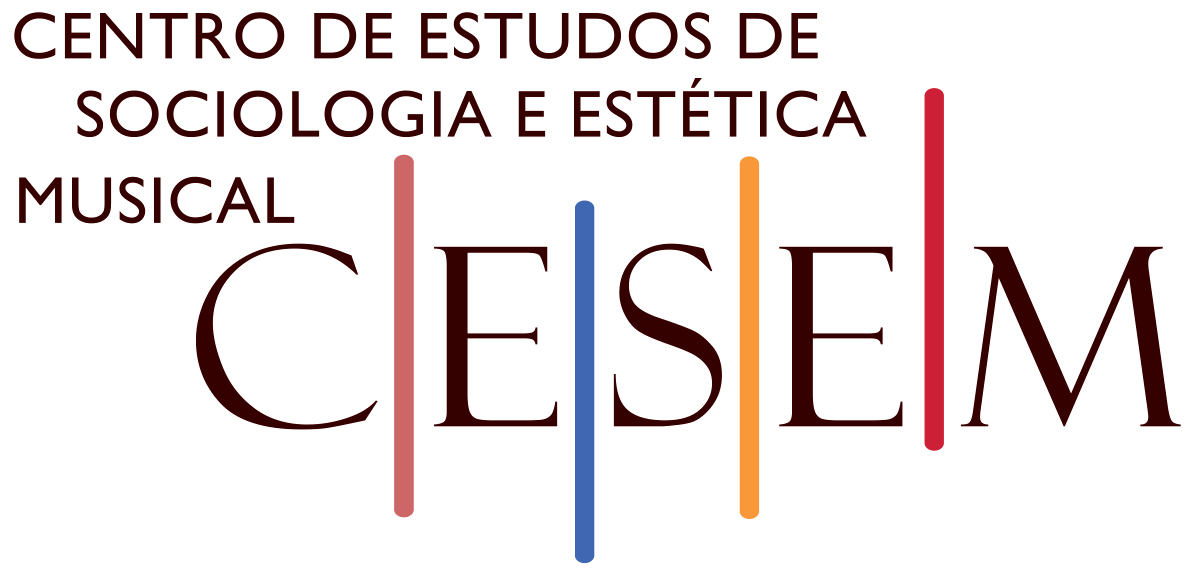Javier Gándara Feijóo
Category
Biography
Javier Gándara Feijóo is working on his PhD thesis about musical theatre during the second half of the 18th century. For this purpose, he has a pre-doctoral contract with the University of Santiago de Compostela, funded by the Xunta de Galicia (ED481A and IN606A). He belongs to the research group Organistrum (GI-2025), being part of its projects “Galicia-America: civil music, ideology and cultural identities across the Atlantic (1800-1850)” of the Spanish Ministry of Science and Innovation (PID2020-115496RB-I00) and “Aid for the consolidation and structuring of competitive research units of the SUG GPC” (ED431C, IN607A, ED431B, IN607B, ED431F and IN607D) of the Xunta de Galicia. He is also a member of the working team of the “Archivio del Teatro Pregoldoniano-Archivio Musicale Gherardi” (PGC2018-097031-B-I00). Javier Gándara holds a degree in Art History (University of Santiago de Compostela) and another in Music (Conservatorio Superior da Coruña). He has also completed a Master’s Degree in the Valuation, Management and Protection of Cultural Heritage (University of Vigo) and a Master’s Degree in Teaching (University of Vigo). Gándara has worked as an archivist at the Curros Enríquez Foundation, a grant holder at the Consello da Cultura Galega, a clarinet teacher at the Conservatorio Superior de Vigo and a research grant holder at Casa de Velázquez (Madrid). He has participated in academic events such as the III Congress MUSAM (Santiago de Compostela, 2021) and the X Congress of the Spanish Musicological Society (Baeza, 2021). Recently, Javier received the Andrés Segovia-José Miguel Ruiz Morales Prize (Musicology), awarded by Música en Compostela. His publications include “Boccherinian music in the Cathedral of Santiago: Scena dell’Ines di Castro” (2022) and “Music in Nós magazine (1920-1935): folklore and academy ” (2020).
